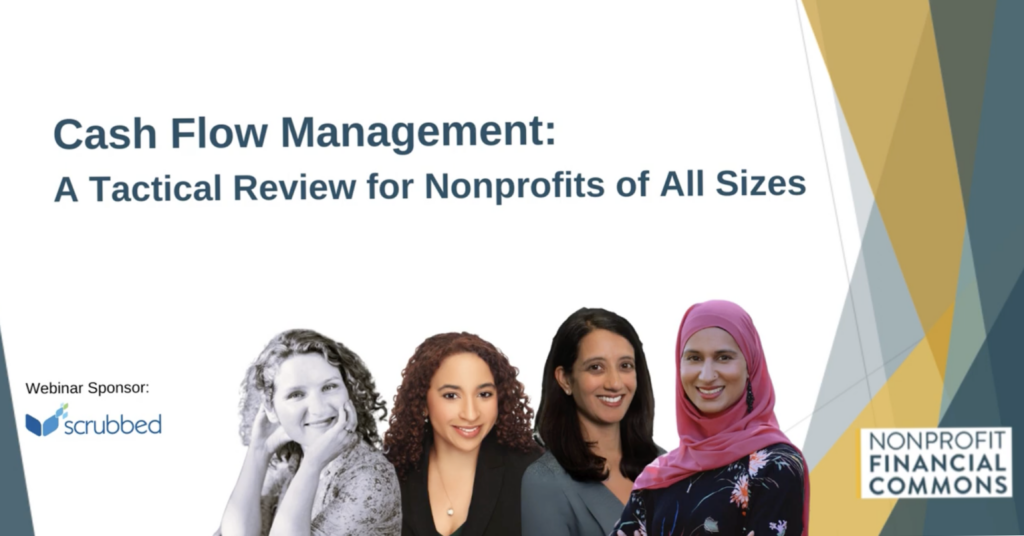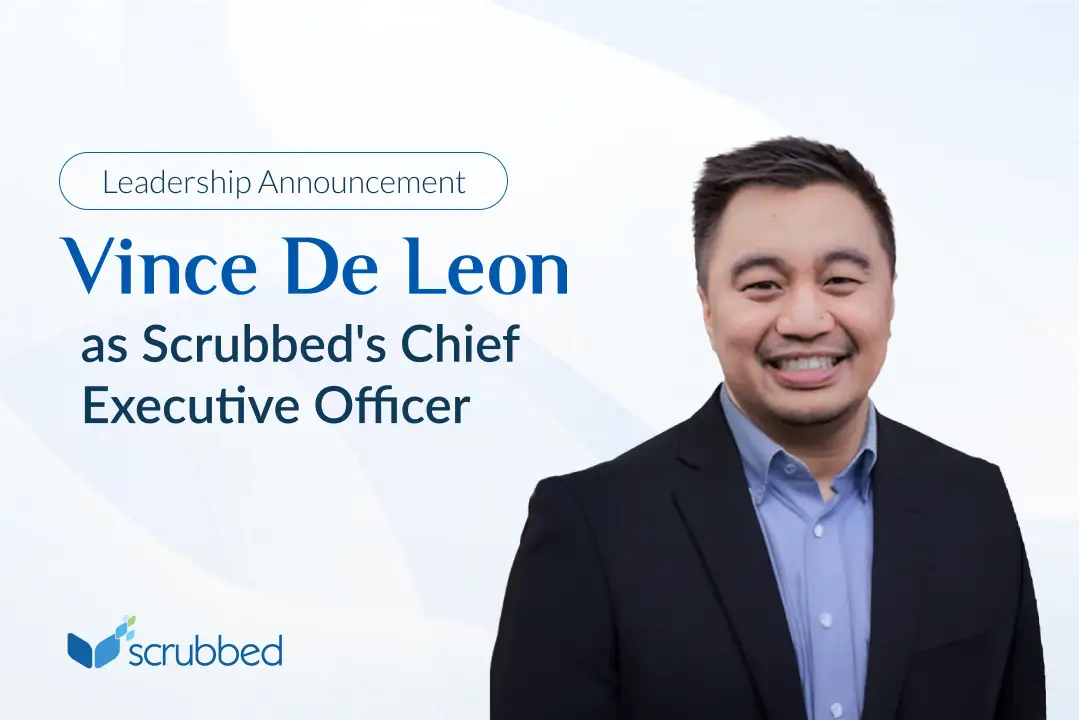At Scrubbed we are dedicated to empowering nonprofits with the insights and expertise needed to achieve their missions. We have a team of seasoned professionals in accounting, audit, tax, corporate finance, risk advisory, technical accounting support, ESG consulting, and transaction advisory services, Scrubbed delivers tailored solutions that drive positive change. We believe in genuine collaboration, taking the time to understand your unique needs, and providing clear, concise guidance.
Whether supporting nonprofits or offering industry-specific services like real estate accounting solutions, our goal is to help organizations operate with greater clarity and confidence.
Need NPO Accounting Support? Schedule a call with our experts here.
Recently, Scrubbed sponsored a Nonprofit Financial Commons Webinar titled “Fiscal Sponsorship? To be a 501(c)(3) or Not to Be.” The webinar featured Asta Petkeviciute, Chief Financial Steward at Social Impact Commons; Vidhya Ananthakrishnan, Co-Founder and Managing Director at Catalyze Justice; Nausheena Hussain, Principal at Nissa Consulting; and Dana Britto, Moderator at Nonprofit Financial Commons. The webinar targeted current and prospective sponsees, offering insights on what to expect and how to maximize the benefits of fiscal sponsorship. It covered what fiscal sponsorship is and isn’t, and explored its potential as a beneficial space for necessary incubation and development or even as a long-term alternative to becoming an independent 501(c)(3).
Missed the webinar? Watch it here
What is Fiscal Sponsorship?
Fiscal sponsorship is an arrangement where an organization, usually a 501(c)(3) or 501(c)(4), furthers its mission by receiving, accepting, and spending funds related to a mission-aligned project.
Fiscal Sponsor vs. Fiscal Agent
Retaining discretion and control over the funds differentiates a “fiscal sponsor” from a “fiscal agent.” A fiscal agent, for a fee, merely processes payments through the balance sheet on behalf of another entity. In fiscal sponsorship, one entity accepts, manages, maintains, and oversees the spend-down of particular restricted funds.
Operational Perspective in Fiscal Sponsorships
Independent missions might collaborate with another entity to manage, accept, raise, and spend particular contributed funds. In some cases, fiscal sponsors serve as the legal home, handle all finance functions, and are the employer of choice. In others, they simply receive and spend the funds. A fiscal sponsorship agreement typically includes clear terms for exiting the relationship.
Due Diligence in Fiscal Sponsorships
One crucial aspect discussed was the importance of due diligence in fiscal sponsorships. This includes evaluating a sponsor’s systems, infrastructure, and growth trajectories to ensure they can accommodate the needs of their sponsees.
Demystifying Fiscal Sponsorship
Fiscal sponsorship involves a nonprofit sharing its infrastructure with another initiative or community member. This arrangement doesn’t imply less compliance or oversight. All expectations that apply to nonprofits also apply to fiscal sponsors, including keeping the funds for fiscal sponsees separate from their own.
Successful fiscal sponsorship relationships often see both the sponsor and sponsee grow their programs together. Comprehensive fiscal sponsorship can be a long-term, collaborative relationship. The field has seen significant growth, with 73% of fiscal sponsorship programs launching after 2000. Over 70% of surveyed fiscal sponsors offer fiscal sponsorship programming as part of their role.
Why Do Organizations Choose Fiscal Sponsorship?
Even organizations with an existing 501(c)(3) can become fiscal sponsees. Fiscal sponsorship allows access to funds that might not be available until an independent 501(c)(3) is established. It promotes efficiency and reduces overall indirect costs through shared audits and other collaborative management structures. Both fiscal sponsors and sponsees can build equitable, intentional practices, leveraging cultural competencies and trust to empower fiscal sponsees and strengthen infrastructure.
Factors to Consider in Finding the Right Fiscal Sponsor
- Mission Alignment: Ensure the fiscal sponsee’s mission fits within the fiscal sponsor’s mission
- Culture and Values: Learn about the fiscal sponsor’s culture and how their values are operationalized.
- Support Needs: Define the support you need and what the fiscal sponsor can provide.
- Geographic Focus: Consider local or regional fiscal sponsors that meet specific needs.
- Program Size: Understand the size of your program in relation to the sponsor’s other projects.
- Community Approach: Determine the type of community support needed.
- Risk Management: Evaluate the sponsor’s approach to risk and support in addressing and mitigating risks.
- Internal Capacity: Assess the fiscal sponsor’s staffing and community support.
- Cost Recovery and Exit Expectations: Ensure clear expectations for cost recovery and exiting the relationship.
Responsibilities as a Sponsee
Sponsees must manage donor relationships, fund stewardship, and the fundraising cycle. They must be transparent about where and how funds are spent.
Key Considerations for Current Sponsees:
- Ensure clear variance power in your agreement, allowing you to take your assets to another fiscal sponsor or transition to an independent entity.
- Maintain shared discretion and control over the funds with the fiscal sponsor.
When to Leave the Nest
Sponsees need to evaluate their capacity to operate independently. Some may choose to remain with a fiscal sponsor to avoid handling tasks like 990 filings and audits. Others may seek a new fiscal sponsor or opt to become independent if their current sponsor cannot meet their needs.
Determining the right time to transition from a fiscal sponsor to independence is a crucial decision for any nonprofit. It involves assessing the organization’s readiness to manage its own administrative and financial responsibilities. Whether continuing with a fiscal sponsor or taking the leap to independence, careful consideration and planning are essential to ensure the long-term success and sustainability of the organization.
At Scrubbed, we are passionate about helping you grow your mission. We can help streamline your processes, track your spending, and provide accurate reporting in line with your 501(c)3 status. With clear financial records, you have greater visibility into donor details, cash disbursements, and vital KPIs like how much you spend to raise each dollar donated.









